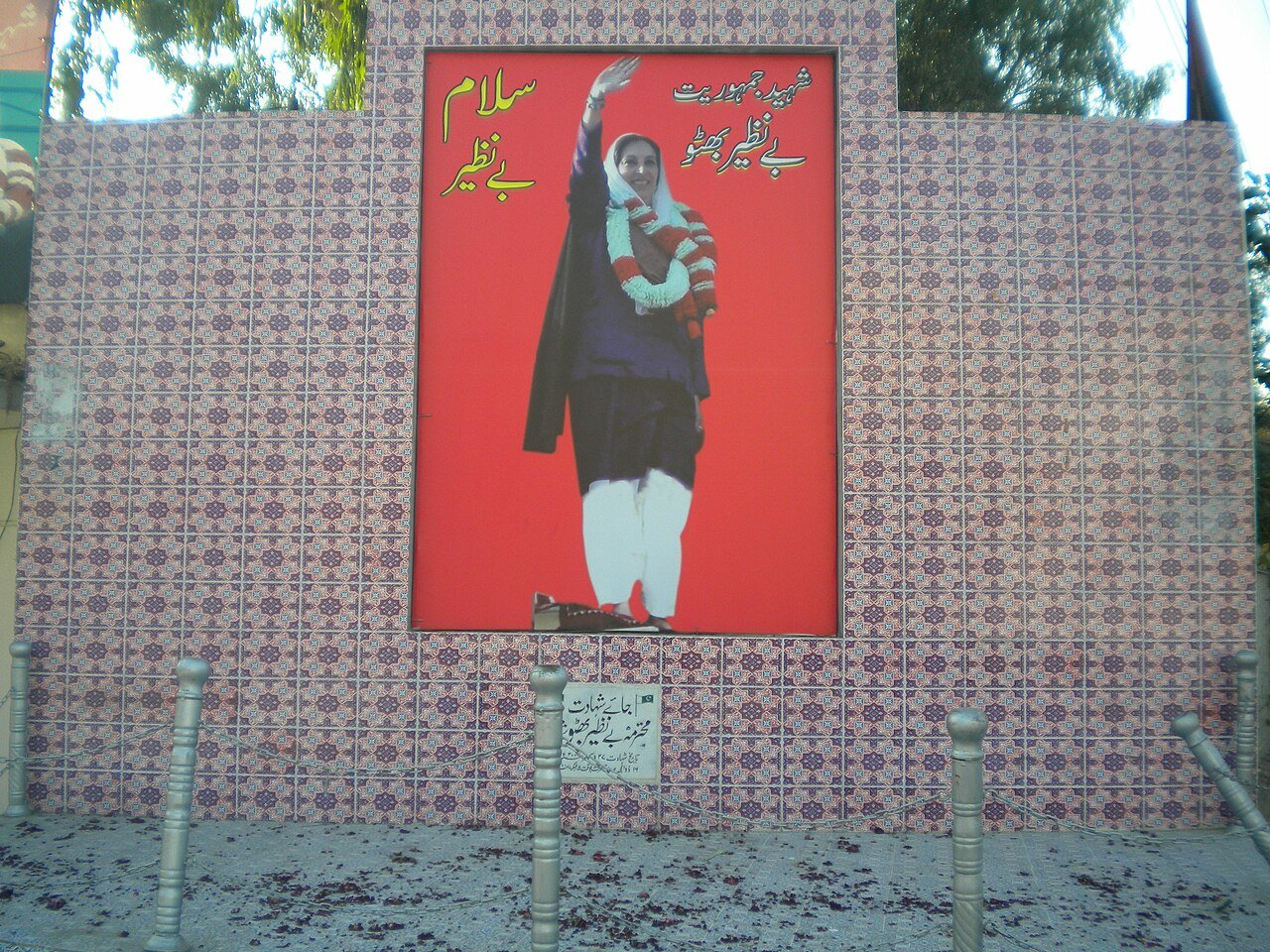The assassination of Benazir Bhutto on December 27, 2007, was a tragic event that sent shockwaves throughout Pakistan and the world. Benazir Bhutto, a prominent figure in Pakistani politics and the first woman to lead a democratic government in a Muslim-majority nation, was killed during an election rally in Rawalpindi. This heinous act of violence not only claimed the life of a beloved leader but also plunged Pakistan into a deep political crisis and sparked widespread violence and unrest.
Benazir Bhutto was born on June 21, 1953, into a prominent political family in Pakistan. Her father, Zulfikar Ali Bhutto, was the founder of the Pakistan Peoples Party (PPP) and served as the Prime Minister of Pakistan. Following in her father’s footsteps, Benazir Bhutto became involved in politics and quickly rose through the ranks of the PPP.
In 1988, Benazir Bhutto made history by becoming the first woman to be elected as the Prime Minister of Pakistan. Her election marked a significant milestone for women’s rights and democracy in the country. However, her time in office was marred by allegations of corruption and political instability.
After serving two terms as Prime Minister, Benazir Bhutto went into self-imposed exile in 1999 due to ongoing political turmoil and corruption charges. She returned to Pakistan in October 2007, with hopes of participating in the upcoming general elections and bringing about political change.
Tragically, her return to Pakistan was met with violence. On December 27, 2007, as Bhutto was leaving an election rally in Rawalpindi, a suicide bomber targeted her motorcade. The attacker detonated his explosives, causing a powerful blast that killed Bhutto and dozens of others. The assassination left a nation in mourning and sparked outrage both domestically and internationally.
The exact details surrounding Bhutto’s assassination have been the subject of much speculation and controversy. While the Pakistani government initially claimed that Bhutto died as a result of hitting her head on the sunroof of her car, subsequent investigations revealed that she was, in fact, killed by the bomb blast. The lack of proper security measures at the rally and the failure to adequately protect Bhutto raised serious questions about the government’s role in her assassination.
The aftermath of Bhutto’s assassination was marked by widespread violence and unrest across Pakistan. Protests erupted in major cities, with angry mobs setting fire to government buildings and vehicles. The situation quickly spiraled out of control, leading to a state of emergency being declared in several parts of the country.
The assassination of Benazir Bhutto also had far-reaching implications for Pakistan’s political landscape. With Bhutto’s death, the PPP lost its charismatic leader and faced a leadership crisis. Bhutto’s husband, Asif Ali Zardari, eventually took over the reins of the party and became the President of Pakistan. However, the void left by Bhutto’s absence was deeply felt, and her assassination left a lasting impact on the country’s political dynamics.
Over the years, various investigations and trials have been conducted to bring those responsible for Bhutto’s assassination to justice. However, progress has been slow, and many questions remain unanswered. The lack of closure in this high-profile case has fueled conspiracy theories and further eroded public trust in the justice system.
The assassination of Benazir Bhutto (2007) remains a painful chapter in Pakistan’s history. It serves as a stark reminder of the challenges faced by women in politics and the fragility of democracy in the region. The legacy of Benazir Bhutto lives on, as she continues to be remembered as a trailblazer and an advocate for change.
SEO Excerpt:
The assassination of Benazir Bhutto in 2007 was a tragic event that shook Pakistan. Benazir Bhutto, the first woman to head a democratic government in a Muslim-majority nation, was killed in a suicide attack during an election rally in Rawalpindi. This article explores the historical background of Benazir Bhutto, the circumstances surrounding her assassination, and the impact it had on Pakistan’s political landscape.

